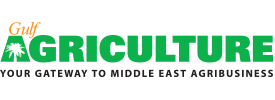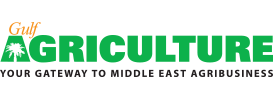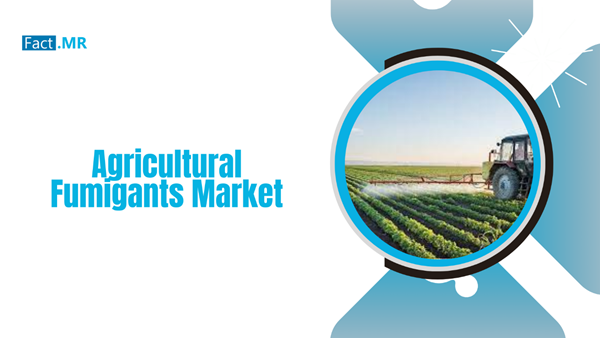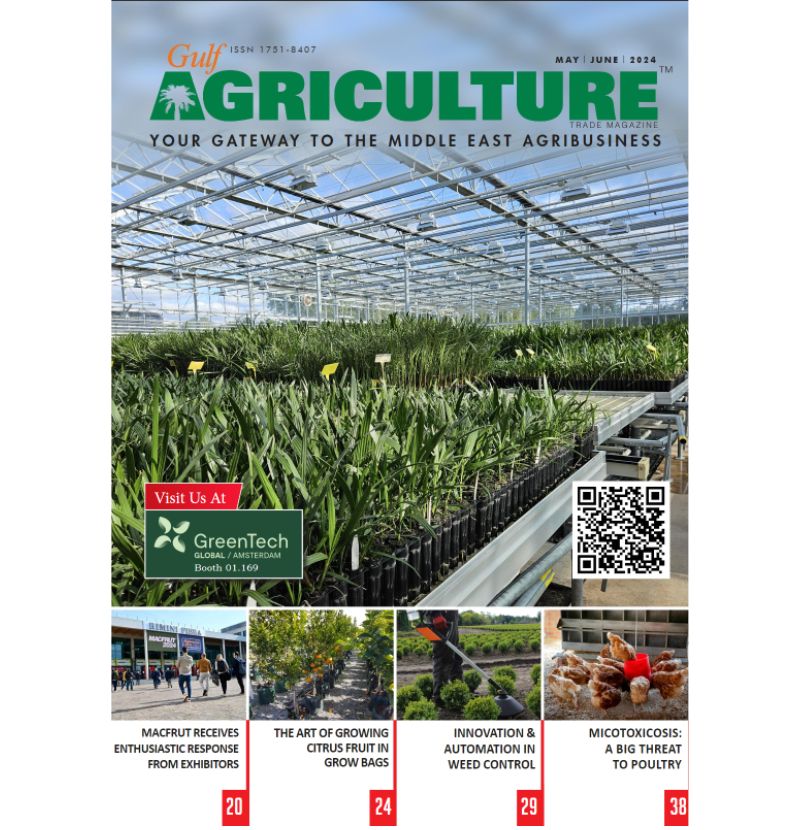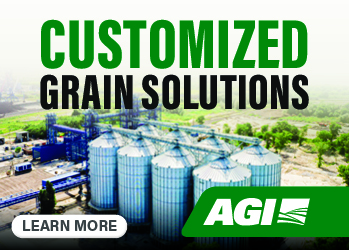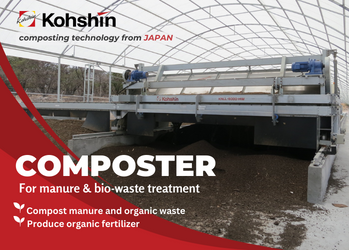Agricultural fumigants play a pivotal role in modern agriculture, serving as essential tools for pest and disease management. These chemical compounds, typically in gaseous or volatile form, are used to control soil-borne pathogens, nematodes, and weed seeds that can threaten crop health and yield. The global agricultural fumigants market has witnessed significant growth in recent years, driven by the increasing demand for food production, the need for efficient pest control, and the rising awareness of the importance of crop protection.
Market Dynamics:
The agricultural fumigants market is influenced by various factors, including the expansion of agricultural lands, the surge in global population, and the need for higher crop yields. Additionally, strict regulations and restrictions on certain chemical fumigants have prompted the industry to explore and adopt alternative, more sustainable solutions. The market is also witnessing a shift towards integrated pest management (IPM) practices, emphasizing the use of environmentally friendly and less toxic alternatives.
Key Companies Profiled
- Arkema Group (France)
- Solvay group (Belgium)
- Eastman Chemical Company (U.S.)
- DEGESCH America, Inc. (U.S.)
- Reddick Fumigants, LLC (U.S.)
- Vietnam Fumigation J.S Company (Vietnam)
Challenges and Concerns:
Despite their efficacy, agricultural fumigants come with their share of challenges and concerns. One major issue is the potential environmental impact associated with certain fumigants. Some chemicals have been linked to soil and water pollution, posing risks to non-target organisms and ecosystems. Moreover, the development of resistance among pests to certain fumigants has raised concerns about their long-term effectiveness.
Another challenge is the regulatory landscape, which is becoming increasingly stringent. Regulatory authorities around the world are imposing restrictions on the use of certain fumigants due to their adverse effects on human health and the environment. This has led to the phasing out of some traditional fumigants, pushsing the industry to innovate and develop alternative solutions that meet regulatory standards.
Sustainable Solutions:
In response to these challenges, the agricultural fumigants market is witnessing a transition towards more sustainable and environmentally friendly alternatives. Integrated pest management (IPM) practices, including biological control agents, crop rotation, and cover cropping, are gaining traction. These practices focus on minimizing the reliance on chemical fumigants while maintaining effective pest control.
Furthermore, the development of novel fumigation technologies, such as controlled atmosphere fumigation and modified atmosphere packaging, is contributing to the market’s sustainable evolution. These technologies enable targeted and precise application of fumigants, reducing the overall environmental impact and minimizing exposure to non-target organisms.
Bio-based fumigants derived from natural sources are also emerging as viable alternatives. These products are often considered safer for human health and the environment while maintaining efficacy in pest control. The market is witnessing increased research and development efforts to explore and commercialize bio-based fumigants with low environmental impact.
Regional Trends:
The agricultural fumigants market exhibits regional variations based on factors such as climate, agricultural practices, and regulatory frameworks. Developed regions, such as North America and Europe, are at the forefront of adopting sustainable fumigation practices due to stringent regulations and a strong emphasis on environmental conservation. In contrast, developing regions in Asia-Pacific and Latin America are experiencing a growing demand for fumigants to meet the increasing food production needs, but they also face the challenge of balancing this demand with sustainable agricultural practices.
These insights are based on a report on Agricultural Fumigants Market by Fact.MR.

